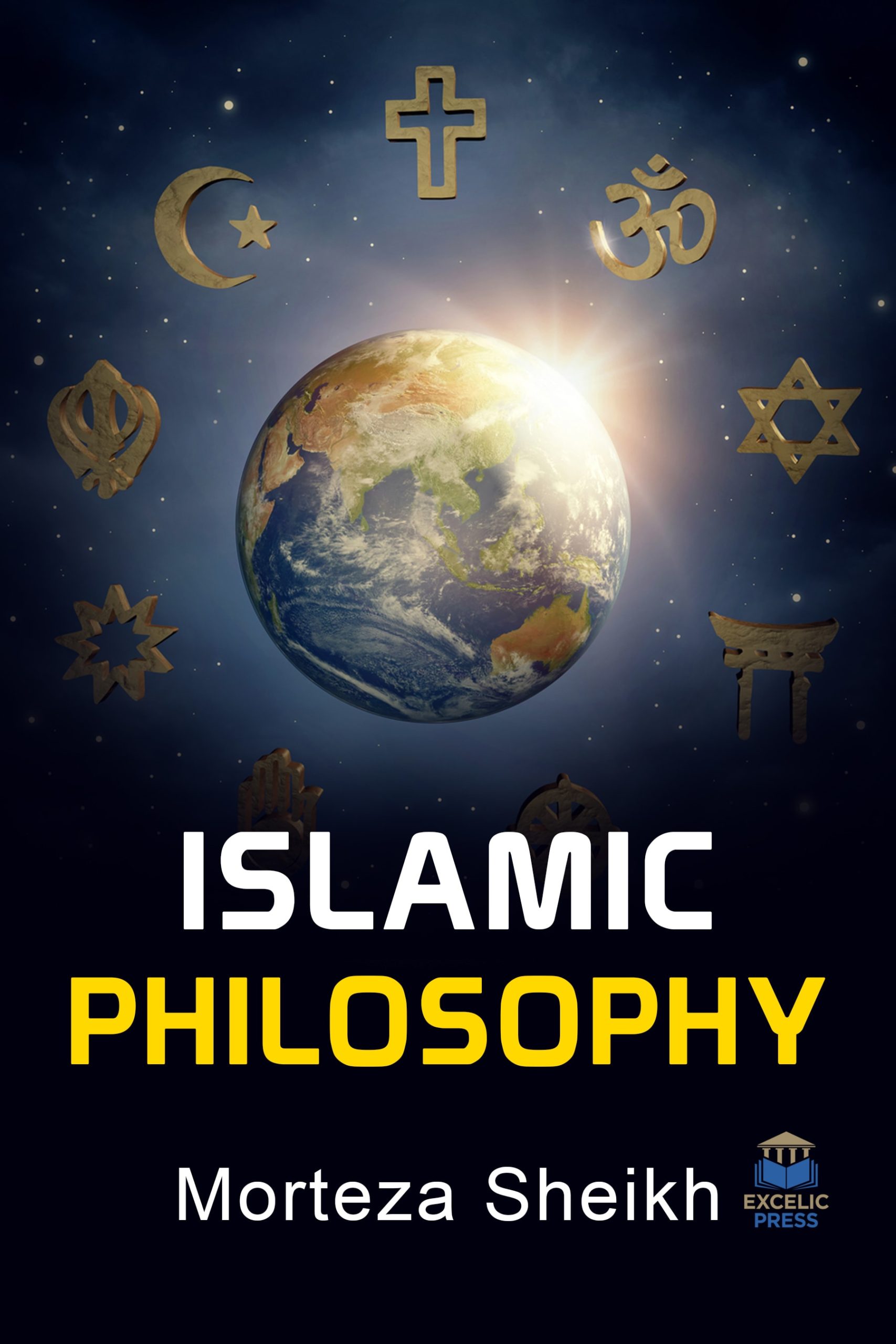Over the last few years we have seen an active research interest in Islamic philosophy. In the current cultural climate in the West along with other parts of the world affected by modernism and postmodernism, philosophy and prophecy are seen as two very different and, in the eyes of many, antithetical approaches to the understanding of the nature of reality. Islamic philosophy covers a wide range of issues. The study of philosophy in Islamic lands during the Middle Ages included not only Muslim philosophers, but also Christians and Jews. Ongoing philosophical dialogues transcended religious identity, ethnicity, and language. Over the last fifty years, the study of these philosophers has developed substantially.
Islamic Philosophy offers a broad introduction to Islamic thought, from its origins to the many challenging issues facing Muslims in the contemporary world. This compendium is an outstanding work on specific subjects in philosophy. There is no doubt that looking at the process of learning and also any current scenario is something that should be closely related to what and how someone should know from the view of Islamic Philosophy. Therefore, the nature of education based on Islam itself has the very significant contribution towards human’s life. This book will focus on what philosophy is as a core of any theoretical and practical elements of all aspects and knowledge. The philosophical approach is discussed from the perspective of Islam. Additionally, this compendium looks at how Islamic Philosophy tends to mould education in the entire of situation. We deal with over a millennium of Islamic philosophy, its doctrines, history, and approaches, from the angle of vision of the relation between that long philosophical tradition and the realities of prophecy that have always dominated the horizon of the Islamic cosmos and the intellectual climate and space of the Islamic people. This book is an excellent survey of the field with contributions by leading experts.

